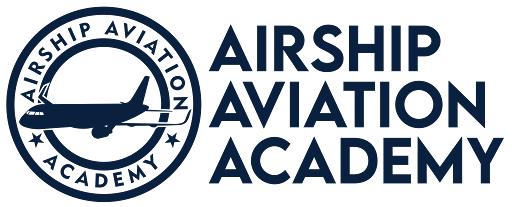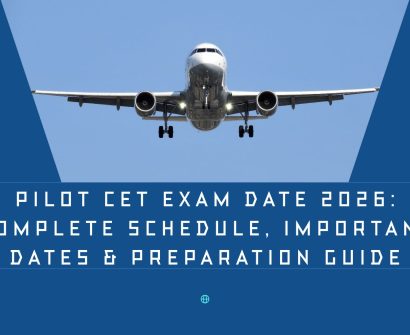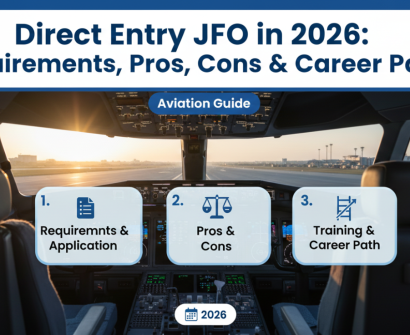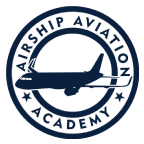Currently Empty: ₹0.00

The journey to becoming a commercial pilot is as challenging as it is rewarding, and preparing for the DGCA (Directorate General of Civil Aviation) exams is an integral part of this process. While many aspirants attempt to prepare through self-study, a structured and methodical approach significantly improves success rates. Airship Aviation Limited offers comprehensive CPL ground classes designed to provide a systematic and effective pathway to success.
Understanding the Importance of Ground Classes
While self-study has its merits, it often falls short when conceptual clarity is required. Subjects like Air Navigation, Technical General, and Technical Specific demand a strong grasp of fundamentals. Self-study works effectively only after these basics are well understood, which is why attending organized and well-structured ground classes is crucial.
The DGCA exam patterns are dynamic, frequently updating their question banks. Relying solely on outdated study material or memorizing previous years’ questions is not enough. Ground classes help aspirants stay updated and adapt to the evolving exam patterns.
Eligibility Criteria: Clearing the Basics
One of the most common misconceptions is the eligibility requirements for CPL. While a science background isn’t mandatory, candidates must have cleared Physics, Mathematics, and English at the senior secondary level. Those from commerce or arts streams can qualify by enrolling in the National Institute of Open Schooling (NIOS) to clear the required subjects.
For example, a candidate who completed 12th grade from a Hindi-medium school but lacked English as a subject would still need to clear the English requirement through NIOS, despite holding a technical degree. This highlights the importance of understanding and meeting all eligibility criteria.
Key Subjects and Their Challenges
The DGCA exams encompass five main subjects: Air Navigation, Aviation Meteorology, Air Regulations, Technical General, and Technical Specific. Each subject comes with its own set of challenges and preparation strategies:
Air Navigation is concept-heavy, involving spherical navigation, coordinate systems, and navigation aids like VOR and GPS. It is highly scoring if the concepts are clear but nearly impossible to crack through rote learning.
Aviation Meteorology delves into weather systems, jet streams, and atmospheric physics. For example, understanding North India’s seasonal dust storms caused by low-pressure systems requires more than rote memorization; it demands a solid grasp of underlying physics.
Air Regulations focus on the rules governing aviation, including ICAO standards and airspace classifications. While less concept-heavy than navigation, a clear understanding of the rationale behind these regulations is essential.
Technical General involves learning about the mechanics of aircraft, including lift, thrust, drag, and the functioning of various systems like engines and flight instruments. Meanwhile, Technical Specific hones in on the specific aircraft model used in training, such as the Cessna 152 or 172.
Lastly, Radio Telephony equips candidates with the skills to operate radio communication equipment, an essential aspect of aviation communication. Though tough, this exam is manageable with consistent effort.
The Reality of “30-Day DGCA Exam” Myths
The widely propagated myth of passing all DGCA exams within 30 days is misleading. While some subjects like Air Regulations and Meteorology can be tackled relatively quickly, concept-heavy areas like Air Navigation and Technical General require more time. Superficial knowledge might help clear the exams, but it’s inadequate for airline recruitment exams and interviews.
Candidates relying on rote memorization often struggle during airline interviews. These interviews involve a panel of experts, including senior captains, HR personnel, and psychologists, who evaluate both technical knowledge and communication skills. Concepts like “Feathering of a Propeller” often stump candidates who lack a deeper understanding of their CPL subjects.
The Role of English Proficiency
English is the lingua franca of aviation. Aspirants must improve their English communication skills, as it’s crucial not only for passing DGCA exams but also for excelling in group discussions and airline interviews. Practical tips include reading English newspapers, practicing in front of a mirror, and subscribing to publications like Hindustan Times or Times of India. Poor communication skills can severely hinder a candidate’s chances of securing a job, even if they excel in technical areas.
Why Choose Professional Training with Airship Aviation?
Airship Aviation’s ground classes stand out for their structured approach and experienced instructors. With a high success rate of 95% in DGCA exams, the academy provides live and recorded classes, comprehensive study material, and mock exams that simulate real exam conditions. The 24/7 support system ensures that students’ doubts are promptly resolved, whether related to exam content or administrative hurdles like medical clearances.
Conclusion
Preparing for DGCA exams demands more than just memorizing facts; it requires a systematic approach, conceptual clarity, and continuous practice. By attending professional ground classes, staying updated with exam patterns, and honing both technical and communication skills, aspirants can navigate their path to becoming successful commercial pilots. Aviation is a field where thorough preparation and a deep understanding of concepts make all the difference.











